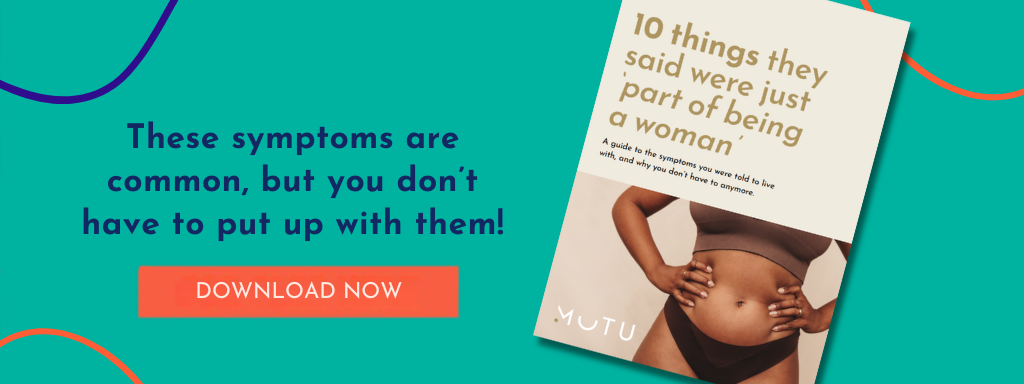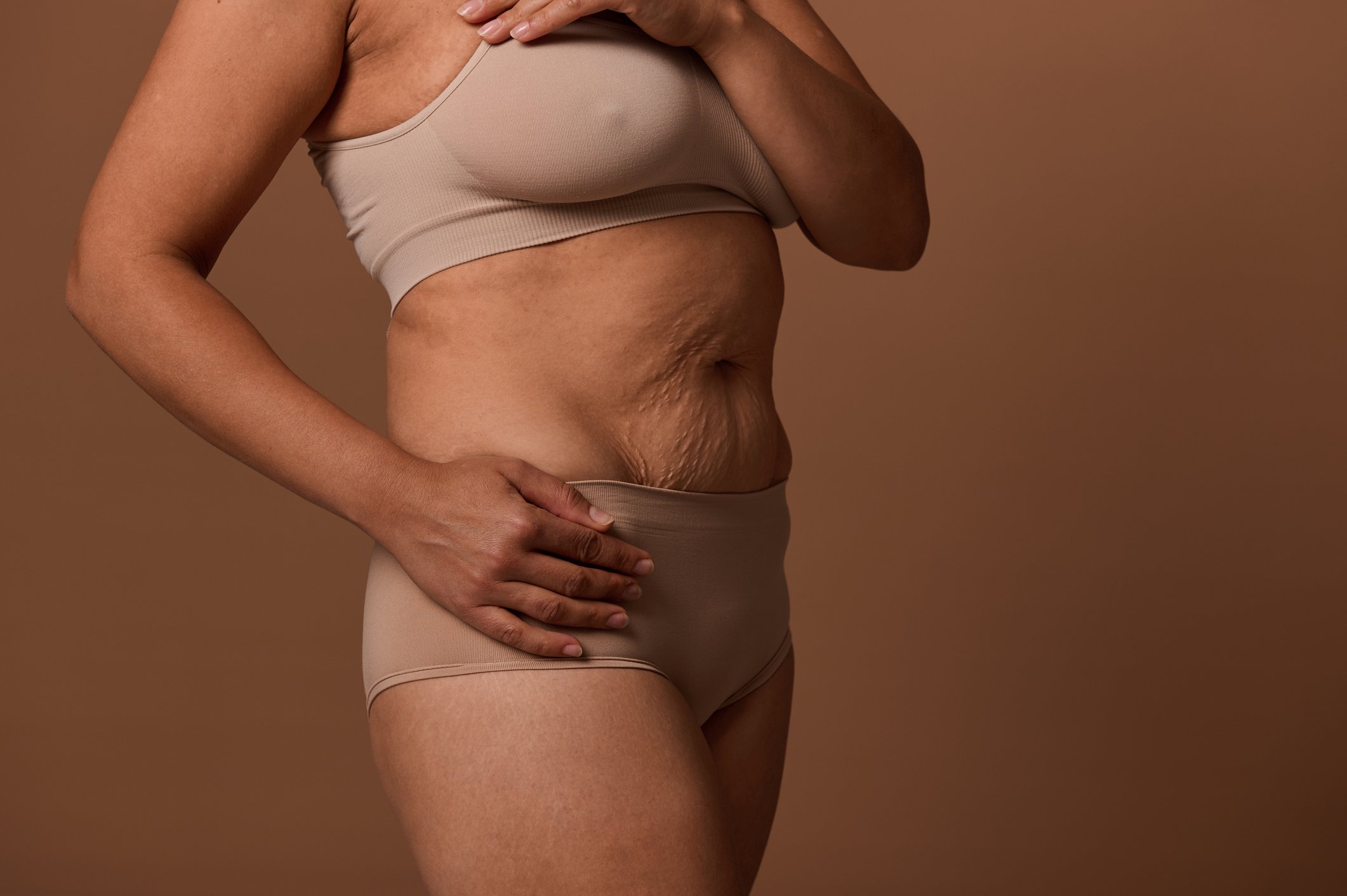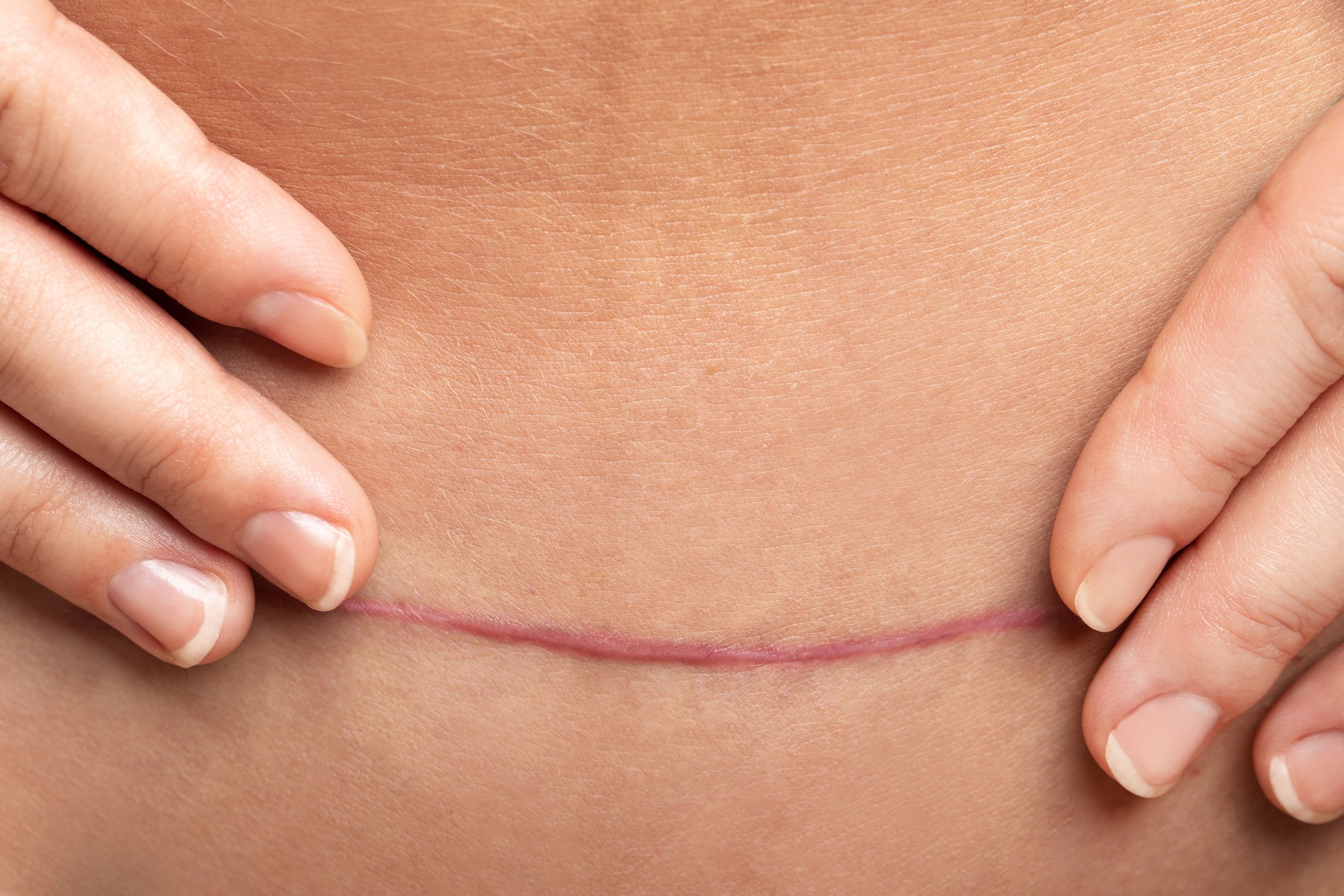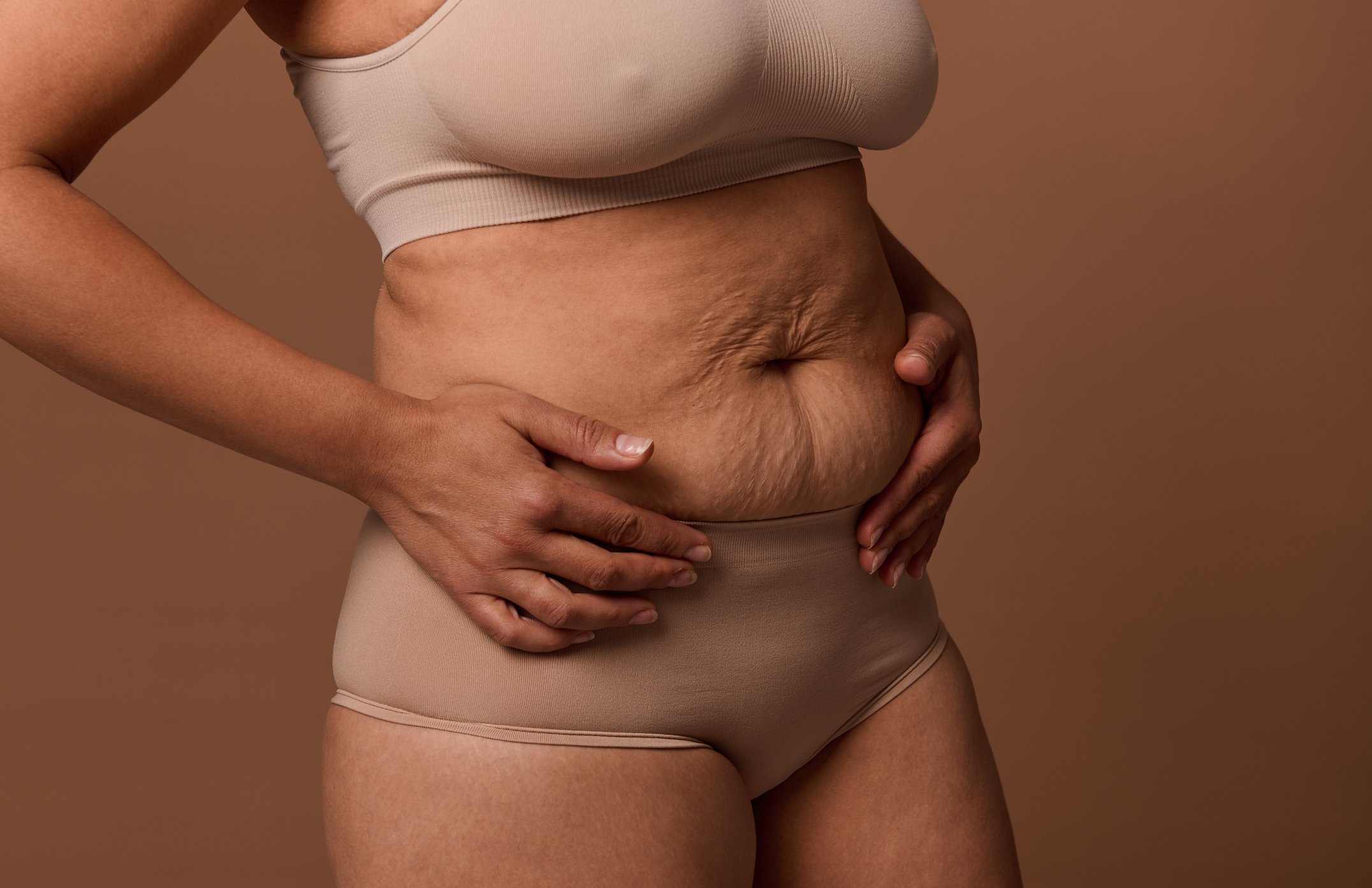Caesarean birth, like all birth, is an experience filled with emotions that can have an impact on your mental health.
This is true regardless of how you gave (or are planning to give) birth, but can be especially important if your birth experience went differently than expected or planned.
Understand the potential emotional effects of a caesarean
It is important to understand the potential emotional effects of a caesarean section (which is a major surgery) — the good and the challenging — and centre your mental health and well-being in your postpartum plan.
Some women may experience feelings of disappointment, loss, or grief if their birth plan was for a vaginal birth and they had an unplanned or emergency c-section.
This can be particularly challenging if the caesarean was medically necessary due to complications you are struggling to process afterward.
What we’ll cover in this article:
We’re regularly asked questions by moms and moms-to-be who are planning a scheduled c-section or had a caesarean birth (planned c-section or unplanned).
One topic that comes up time and time again, is that of your mental health and what you can do to mentally prepare for a c-section birth or to manage mental well-being after your new baby’s birth.
This article will provide you with knowledge and tips to empower you and help you feel better during your c-section recovery process and throughout early parenthood.
It will help you to understand what to look out, give you tips for taking care of your mental health in this period and importantly give you the confidence to seek help if needed.
We’ll answer the following:
- Does a c-section delivery increase the risk of depression?
- What are some of the main symptoms of postpartum mood disorders?
- Should you seek help for your mental health after a caesarean section?
- 5 tips for mental wellbeing after a cesarean delivery
If you’re keen to find out more about what a caesarean section is, more general tips for physical recovery (including how and when you’ll be able to exercise after a c-section) or a specific symptom (like dealing with back pain after a c-section) after this major abdominal surgery please head to our main resource article for caesarean sections here.
Beyond the baby blues after caesarean
Does a cesarean section increase the risk of postpartum depression?
Research suggests that women who give birth via caesarean may be at a slightly increased risk of developing postpartum depression (PPD) compared to those who had a vaginal delivery. However, the increased risk is generally considered to be small, and many women who give birth this way do not experience PPD.
For those who do suffer from postpartum mood disorders (PMADs) following a caesarean section, it is often from a variety of factors. These stressors may be related to the surgical procedure itself, the unexpected challenges of postpartum surgical healing along with caring for a newborn, or from underlying mental health disorders which can be triggered in pregnancy and beyond.
What are the main symptoms of postpartum mood disorders? A few things to look out for:
Some symptoms of postpartum mood disorders include:
- persistent feelings of sadness or anxiety
- fear beyond the normal precautions of early parenthood
- difficulty sleeping
- changes in appetite
- changes in energy levels (including hyperactivity and intense fatigue)
When and with who should you seek help for your mental health after a c-section?
If you are experiencing mental health issues after a c-section, it is important to seek help from a qualified mental health professional. This may include therapy, medication, or other interventions that can help you manage your symptoms and promote recovery. With proper support and treatment, PPD is a treatable condition, and most women go on to recover fully.
5 tips for mental well-being after caesarean birth
- Get outside. Walking even just ten minutes a day has been shown to improve mental health in postpartum. It’s safe to go for short walks after a C-section by the time you are ready to leave the hospital.
- Allow time for healing: It’s important to allow yourself time to physically heal after a caesarean birth. Be kind to yourself and don’t push yourself too hard too soon. Allow yourself as much time to rest and recover as possible (we know that’s easier said than done for many).
- Ask for help: Don’t be afraid to ask for help from friends, family members, doctor or health care provider you trust. You may need assistance with daily tasks such as cooking, cleaning, or caring for your baby in the first several weeks post surgery. Having a support system can also help alleviate feelings of isolation or loneliness. (This is good advice for all new parents!)
- Connect with other new mums: Connecting with other new mums who have had a C-section can be helpful. Joining a support group (like the MUTU mamas group built into our membership program) or attending a postpartum exercise class can help you feel less alone.
- Talk to a mental health professional: If you are struggling with feelings of anxiety, depression, or trauma after giving birth, it may be helpful to talk to a mental health professional. They can provide you with support and tools for more mental wellbeing in postpartum.
Remember that your mental health is just as important as your physical recovery. It also isn’t something you have to keep secret, feel ashamed of, or go through alone. By taking care of yourself and seeking help when needed, you can feel better mentally through your early parenting experience.












